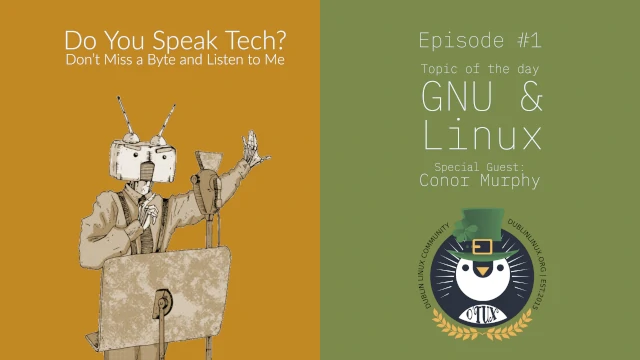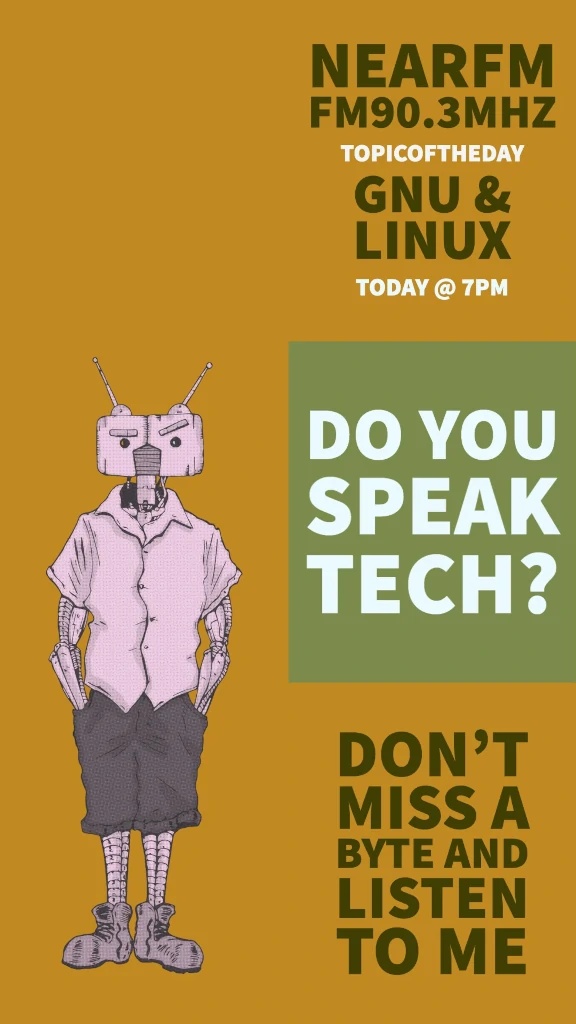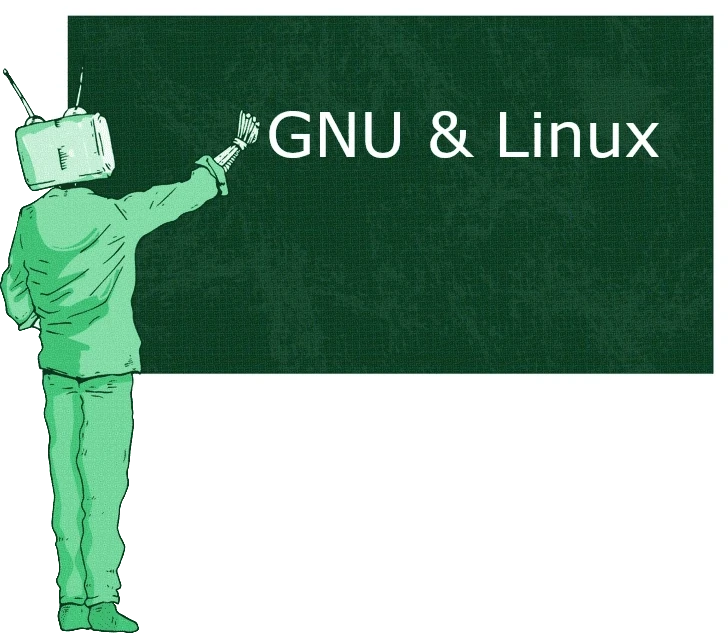I belong to a generation that approached the marvellous world of computing with an 8-bit home computer machine. It was called C64, sold by Commodore Business Machines. Simply known as Commodore 64.
Like many users of that time, I had to customize some part of the program I wanted to run. This helped me to familiarize myself with the concept of programming.
According to the Guinness World Records, the C64 sold 12,500,000 units in 1982. This record made it, in my opinion, one of the absolute protagonists in terms of home computer development. As a matter of fact, before the 80s we had computer systems mainly in academic environments such as universities.
I consider the 80s as a crucial moment for home computers because some choices made at that time are consequences of the future IT development we are living today*.
Windows vs Apple in few words
As we know two guys called Bill Gates and Steve Jobs became famous for a kind of war for the best desktop home solution
Bill Gates ran Microsoft which released the operating system Windows in 1985 which dominated the OS market for many years.
Steve Jobs with his Apple Inc, instead, despite a sort of defeat that time in terms of sales, took his “revenge” against Microsoft many years later releasing successful devices such as iPod and iPhone.
However, even due to their “war” the development of home and business computers has been catalysed into a “mere” battle between copyright of the code and commercial strategies.
GNU is Not Unix
In the meantime another smart guy called Richard Stallman who believed – and still believes – in the concept of free software, began developing a free operating system in 1984.
The name he gave for this project is GNU which stands for GNU is Not Unix.
I consider Stallman one of the pioneers of free software fundamentals applied to the principles of copyright law in order to preserve the right to use, modify, and distribute free software.

The concept of free software allows everyone to run the software for any purpose. Including the possibility to use part of the software developed by someone else in order to develop many other applications. At the same time, I can get part of the code developed by someone else in order to improve it.
The concept of free software is a completely different approach from commercial matters. It’s more like a philosophy.
But let’s go back to the development of Stallman’s GNU project. Its development required many years because an operating system – or OS – is a complex system. An operating system is like “the software of the software”. It manages the hardware, the installed software such as text editors, video player and so on. And it provides common services for other computer programs.
Linux
However during the development of GNU, every single part of the code was released in order to allow everyone to change, use, distribute or adapt any versions of it.
The 25th of August 1991 at 20:57:08 GMT using an email provided by the University of Helsinki, a guy called Linus Benedict Torvalds sent the following message:
Hello everybody out there using minix – I’m doing a (free) operating system (just a hobby, won’t be big and
Linus Torvalds
professional like gnu) for 386(486) AT clones
I have found a collection of the rest of the conversation in case you are curious.
This guy was the guy who unconsciously started a kind of revolution called Linux. And thanks to the guest of the first episode of Do You Speak Tech? we talked a bit about the main steps that made Linux as the most used server around the world. As a matter of fact the 72.1% of servers worldwide use Linux bringing the global value of Linux operating system market share at USD 4.57 billion in 2020.
The Guest of GNU & Linux’s episode
The expert I have invited for this episode is Conor Murphy. He is the Community Manager of Dublin Linux Community – even though old people like me still love to call it LUG Linux User Group.

Conor has a keen interest in computers and tech and has done so from a young age. He has used all versions of Microsoft Windows from 3.1 to 10. He also used various distributions of Linux including Ubuntu, Debian and their derivatives.
Conor joined the Dublin Linux User Group in October 2016. And quickly became involved in helping out the organising and running of the group.
The founder of Dublin User Group stepped down for personal life reasons and Conor, Mike, Dudley, Camila have gradually taken over the running of the group since then.
Conor took on the role of Community Manager in November 2018. Introducing people to Linux and helping them find open source alternatives to the software they use can be very rewarding.
No Algorithm, Only Rhythm
Here is the playlist of the episode dedicated to GNU & Linux. Hope you like the music selection.
| # | Song | Year | Genre |
|---|---|---|---|
| 1 | Bruce Springsteen – Radio Nowhere | 2007 | Rock |
| 2 | Florence + The Machine – Dog Days Are Over | 2008 | Indie Rock |
| 3 | Crooked Colours – Just Breathe | 2019 | Electronic |
| 4 | Mumford & Sons – The Cave | 2010 | Indie Folk |
| 5 | Boy George – The Crying Game | 1987 | Pop |
| 6 | Eagle-Eye Cherry – Save Tonight | 1997 | Pop Rock |
| 7 | Sub Urban – Cradles | 2019 | Electro Pop |
*In the meantime my beloved country – Italy – missed the opportunity to be one of the main protagonists of the IT era.
But this is another story I talked about during one of the episodes of Musitaly, the independent music podcast I distribute online.
